Learning Resources
The IEEE Learning Network (ILN) is the online website for discovering continuing education from across IEEE. With hundreds of educational courses available—and more added all the time—ILN offers the latest in continuing education in engineering, technology, and more. IEEE HTB & SIGHT have developed an educational curriculum on Humanitarian Technology and Sustainable Development at IEEE that is housed on the ILN. There are 6 different modules, and it is tailored for busy IEEE members, each module should take only 20 – 30 minutes to complete.
The Engineering for Change (E4C) mission is to improve the lives of underserved communities by better preparing the global development workforce, optimizing the solution development cycle, and ensuring public health and safety. E4C has a set of standalone webinars, series, and panels sharing research, career guidance, and best practices. Also, E4C has developed a learning framework and courses for those new to Engineering for Global Development (EGD). This is an interdisciplinary practice that aims to improve the quality of life of undeserved communities worldwide through the design and delivery of technology-based solutions combined with the building of local capacity. To do this effectively, practitioners must integrate their technical training with an understanding of economics and business, social science, and politics to benefit people living in poverty.
Conferences
IEEE International Humanitarian Technologies Conference
The IEEE International Humanitarian Technology Conference (IEEE IHTC) is a Multi-Regional Conference Series rotating between R7 (Canada), R8 (Africa, Europe and Middle East), and R9 (Latin America and Caribbean). This inter-disciplinary conference series focuses on showcasing challenges, success stories, lessons learnt, case studies and technological innovation related to achieving the UN Sustainable Development Goals (SDGs), ICT4D and the application of Humanitarian Technologies (including Disaster Relief and Disaster Recovery) and facilitating engagement by stakeholders from the public, private, education and research and societal sectors around the world.
IEEE PES/IAS PowerAfrica Conference
The IEEE PES/IAS PowerAfrica Conference is the leading conference on the African continent focused on addressing its power and energy challenges. The conference provides a forum for researchers, engineers, policy makers and practitioners from Africa and beyond to share and discuss research findings, innovative ideas, emerging technologies and solutions to pressing challenges in the African energy sector. All researchers who work outside of the continent are invited to come learn from the energy innovations emanating from Africa and share innovations and experience from other regions of the world.
Humanitarian Meets STEM Hub
This section aims to spread IEEE humanitarian efforts and introduce sustainable development goals to pre-university students. Having doubts about how you can get involved with?
- Organize visits to a STEM entity to see how STEM professions can assist humanitarian challenges based on UN SDGs.
- Organize inter-scholar competitions or hackathons in which each school gets to present a humanitarian invention or idea in the fields of STEM based on UN SDGs.
- Organize workshops or seminars on a specific humanitarian topic based on UN SDGs.
- Include pre-university students in a SIGHT group project development.
- Share stories of successful STEM professionals who made something exceptional on the humanitarian topic(s).
Available IEEE programs
Want to explore some established and successful programs that combine humanitarian activities and pre-university students?
Engineering Project in Community Service (EPICS in IEEE) was started at Purdue University in 2005 to benefit both engineering students and the community. IEEE adopted the philosophy of EPICS by creating the EPICS in IEEE committee in 2009. The program helps fulfill the IEEE core purpose of fostering technological innovation and excellence for humanity. EPICS provides funding, support, mentorship and visibility for engineering projects, while also empowering students to work with local service organizations to apply technical knowledge to implement solutions for a community’s unique challenges.
TryEngineering is dedicated to providing educational resources, inspiration, and guidance that empowers educators, counselors, and their students around the world, fostering the next generation of technology innovators. Launched in 2006 as a collaboration of IEEE, IBM, and the New York Hall of Science, it offers a variety of resources that will advance the skill and knowledge of educators who intend to bring engineering education into their classrooms and to engage and excite students about engineering and technology careers.
IEEE REACH (Raising Engineering Awareness through the Conduit of History) provides pre-university teachers with free, open educational resources that situate science, technology, and engineering and the complex relationships they have with society, politics, economics, and culture. It was created by the IEEE History Center, a unit of IEEE whose mission is to preserve, research, and promote the history of information and electrical technologies.
Further reading
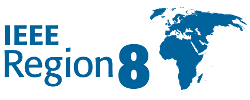


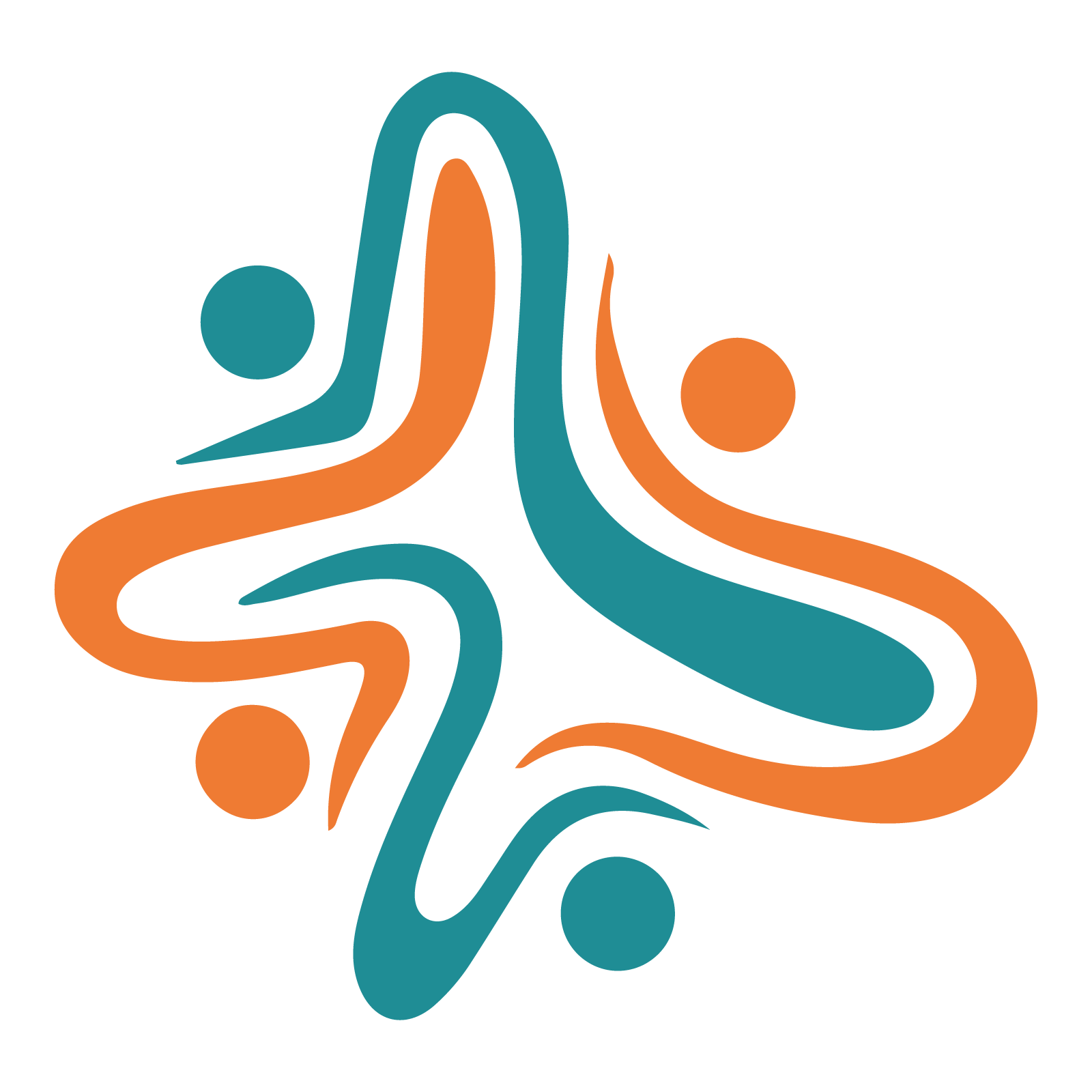
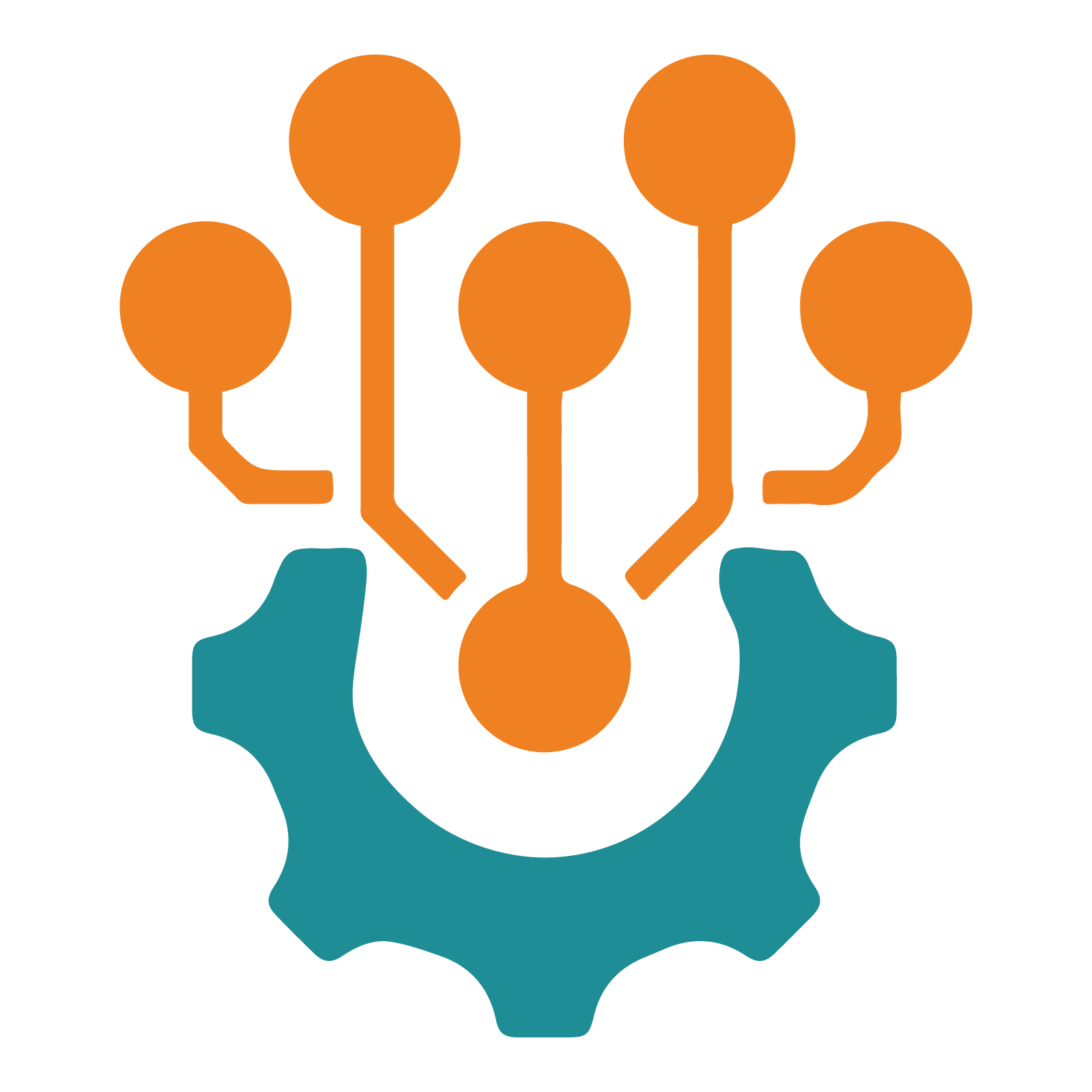
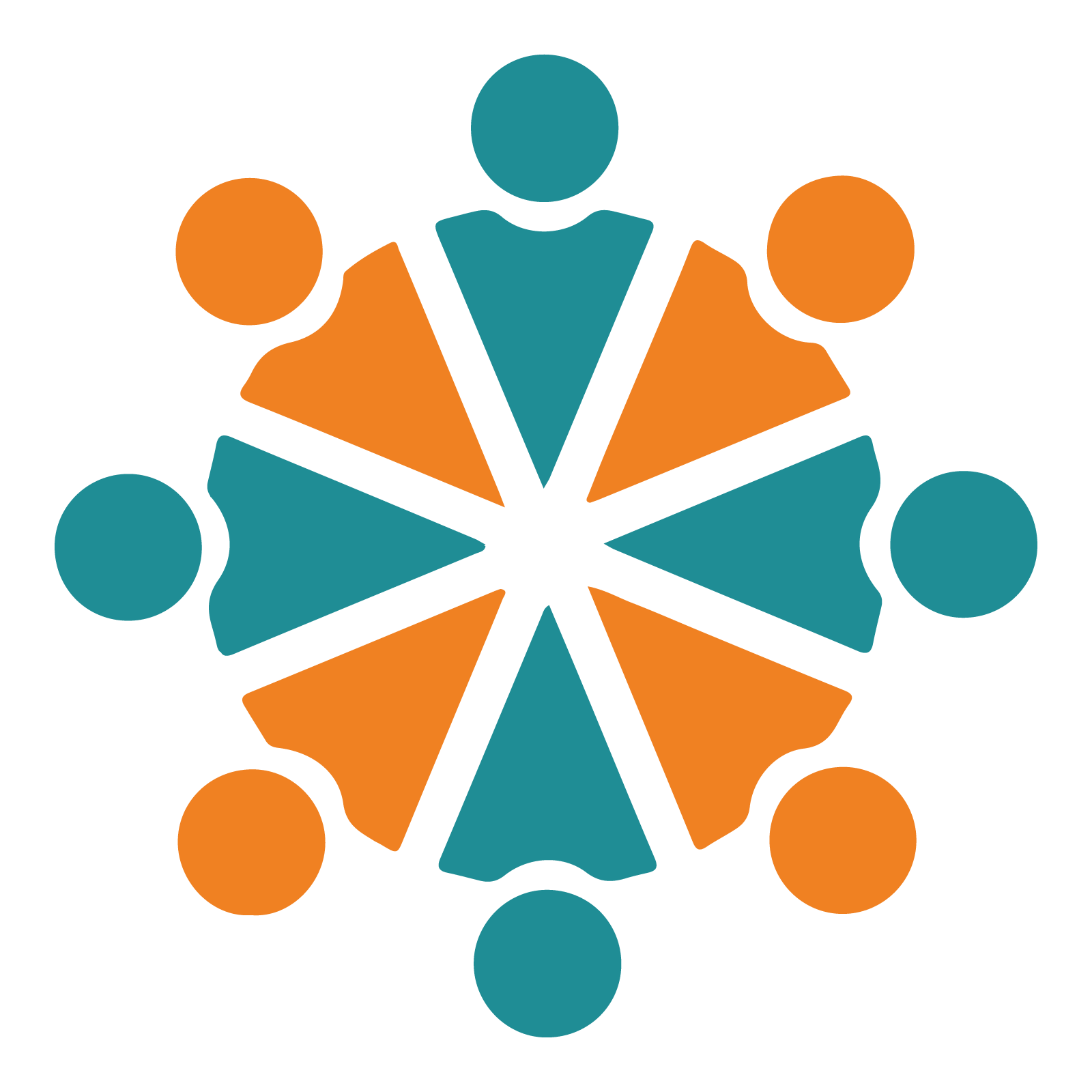




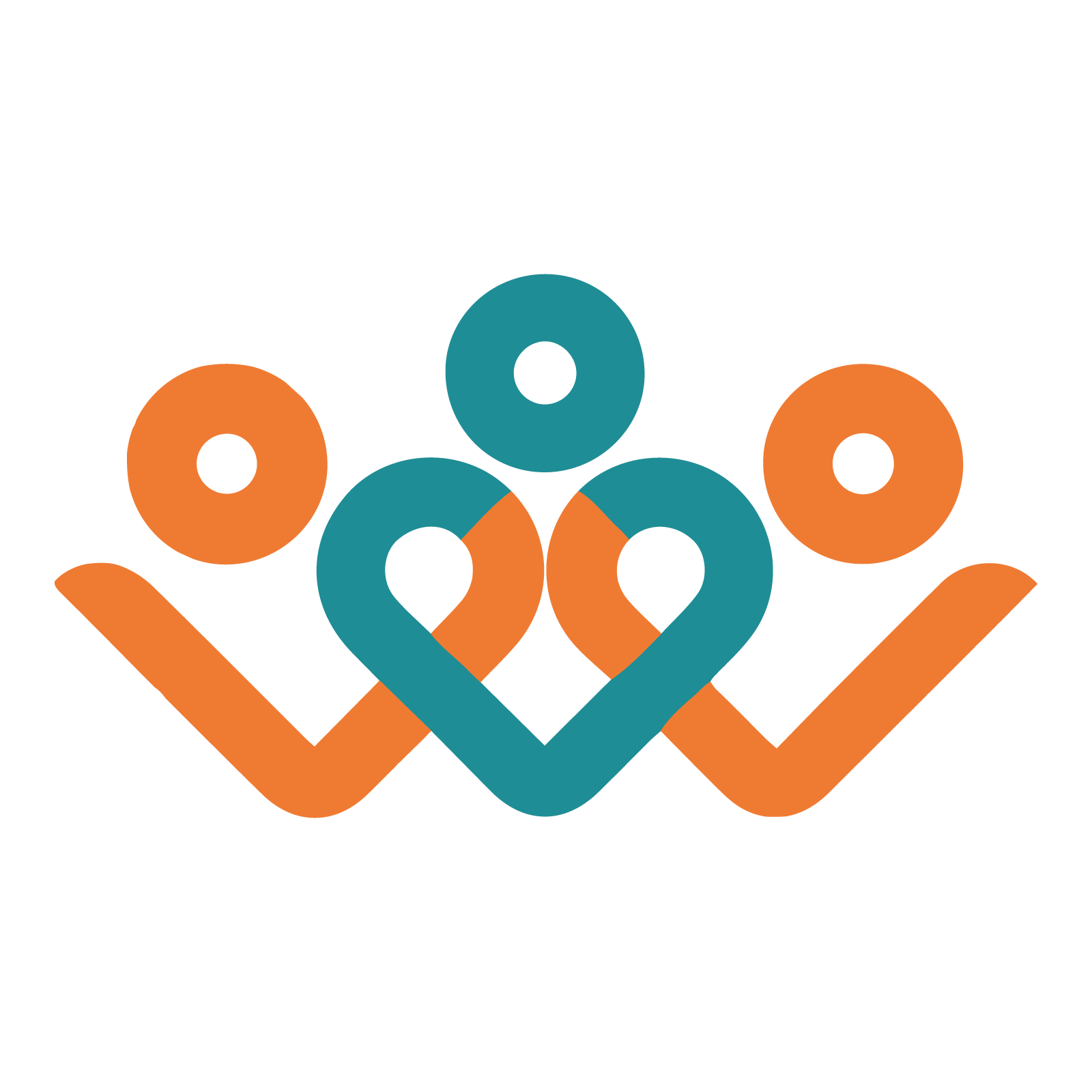

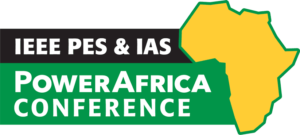



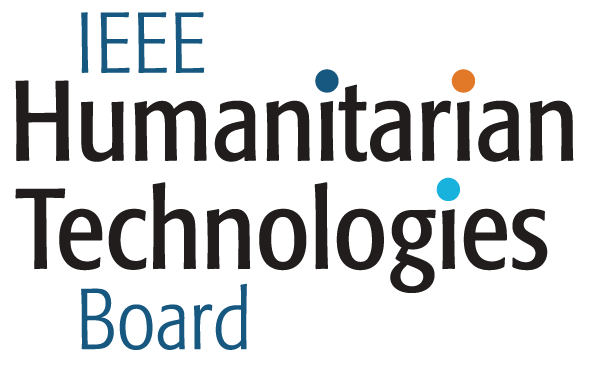
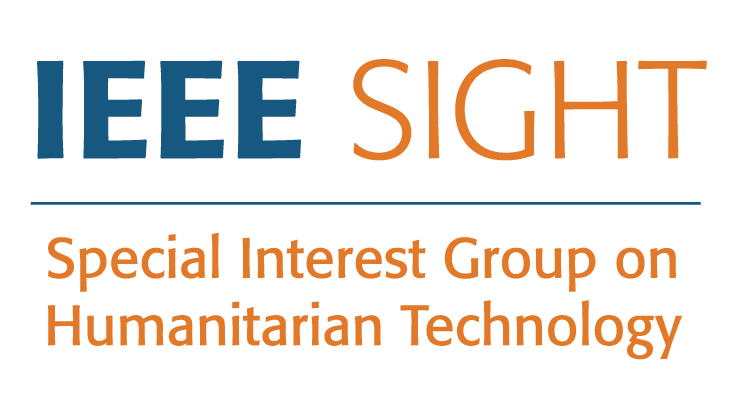

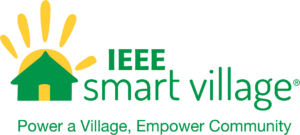


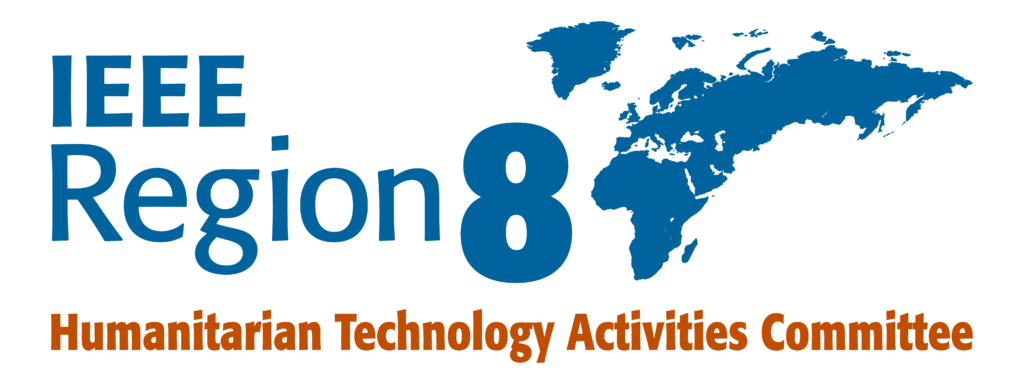
 Samarth
Samarth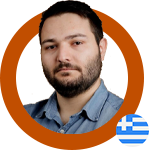 Theodoros
Theodoros George
George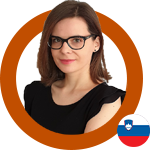 Lucija
Lucija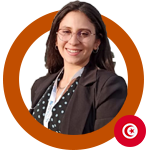 Nour
Nour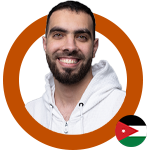 Omar
Omar Abdulla
Abdulla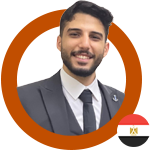 Ahmed
Ahmed Fairouz
Fairouz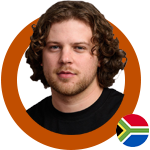 Kai
Kai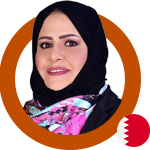 Resala
Resala